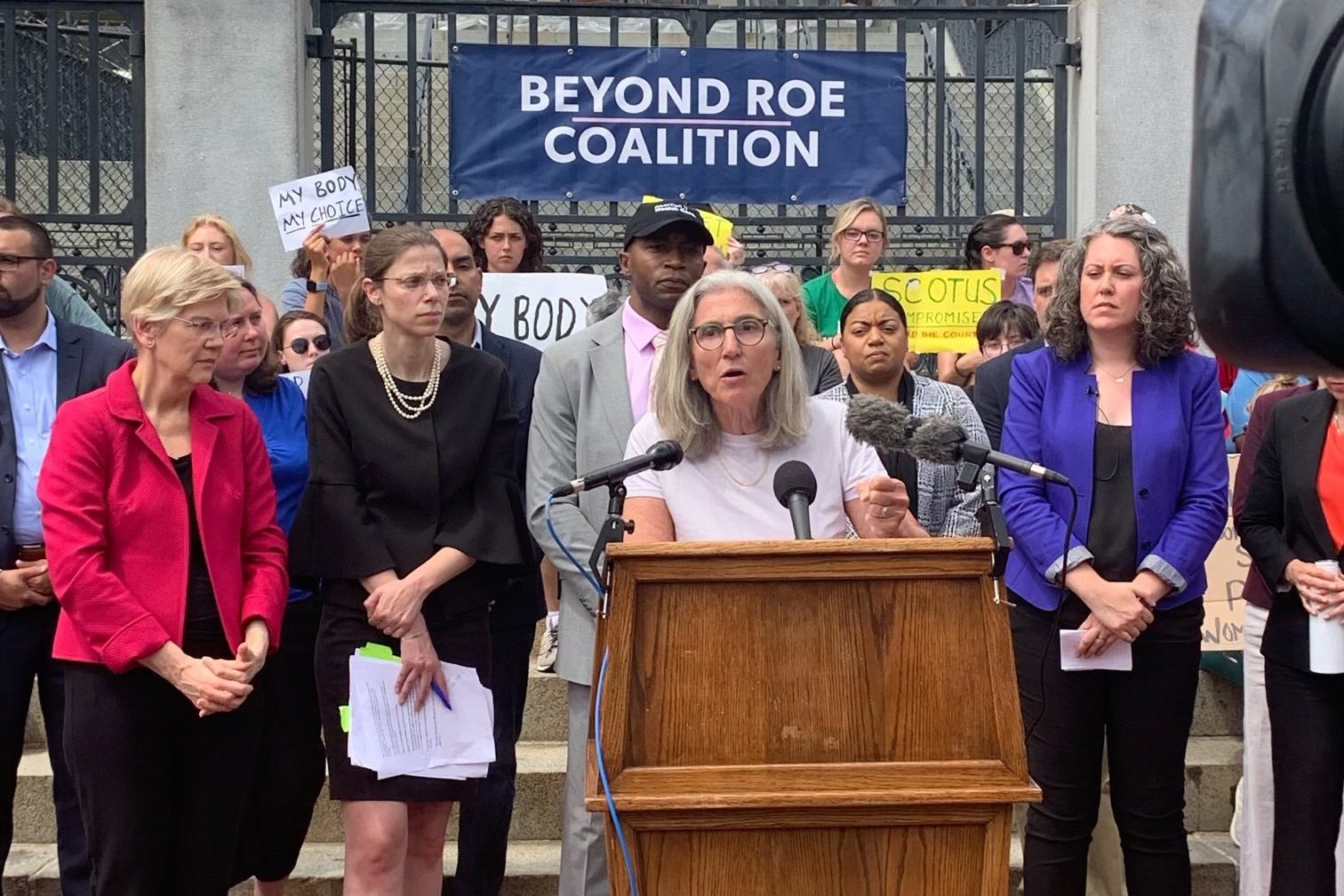(BOSTON–2/11/2026) Today, Senator William N. Brownsberger filed SD.3677, An Act relative to violations of the United States Constitution under color of law, legislation which would provide remedies for residents whose Constitutional rights are violated in the Commonwealth of Massachusetts. Senator Cindy F. Friedman (D-Arlington) and the following members of the Senate Committee on Steering and Policy, including Senator William N. Brownsberger (D-Belmont), Senator Joanne M. Comerford (D-Northampton), Senator Cynthia Stone Creem (D-Newton), and Senator Pavel M. Payano (D-Lawrence) issued the following joint statement on the legislation:
“Throughout this legislative session, Senate President Karen Spilka has made clear that the Senate Committee on Steering and Policy is committed to protecting our residents and defending our values in the face of ongoing attacks by the federal government. Recently, Senate President Spilka stood firmly with the Healey-Driscoll Administration in its efforts to shield residents from the ongoing abuses of the Department of Homeland Security and ICE. As the Senate President stated at the Governor’s January 29, 2026 press conference:
‘The Massachusetts Senate stands firmly with the Healey-Driscoll Administration in this effort, and we will do everything in our power to return these proposals—along with additional protections developed by the Senate we feel necessary to defend the safety, dignity, and rights of our residents—to the Governor for her signature soon.’
To that end the Senate President has directed the Senate Committee on Steering and Policy, which has been working over the past several months through the Response 2025 initiative to identify proposals offered by Senate colleagues and others that meet this directive. The committee has been focused on policies that are effective and within the ability of the Commonwealth of Massachusetts to enact. … Read more.


